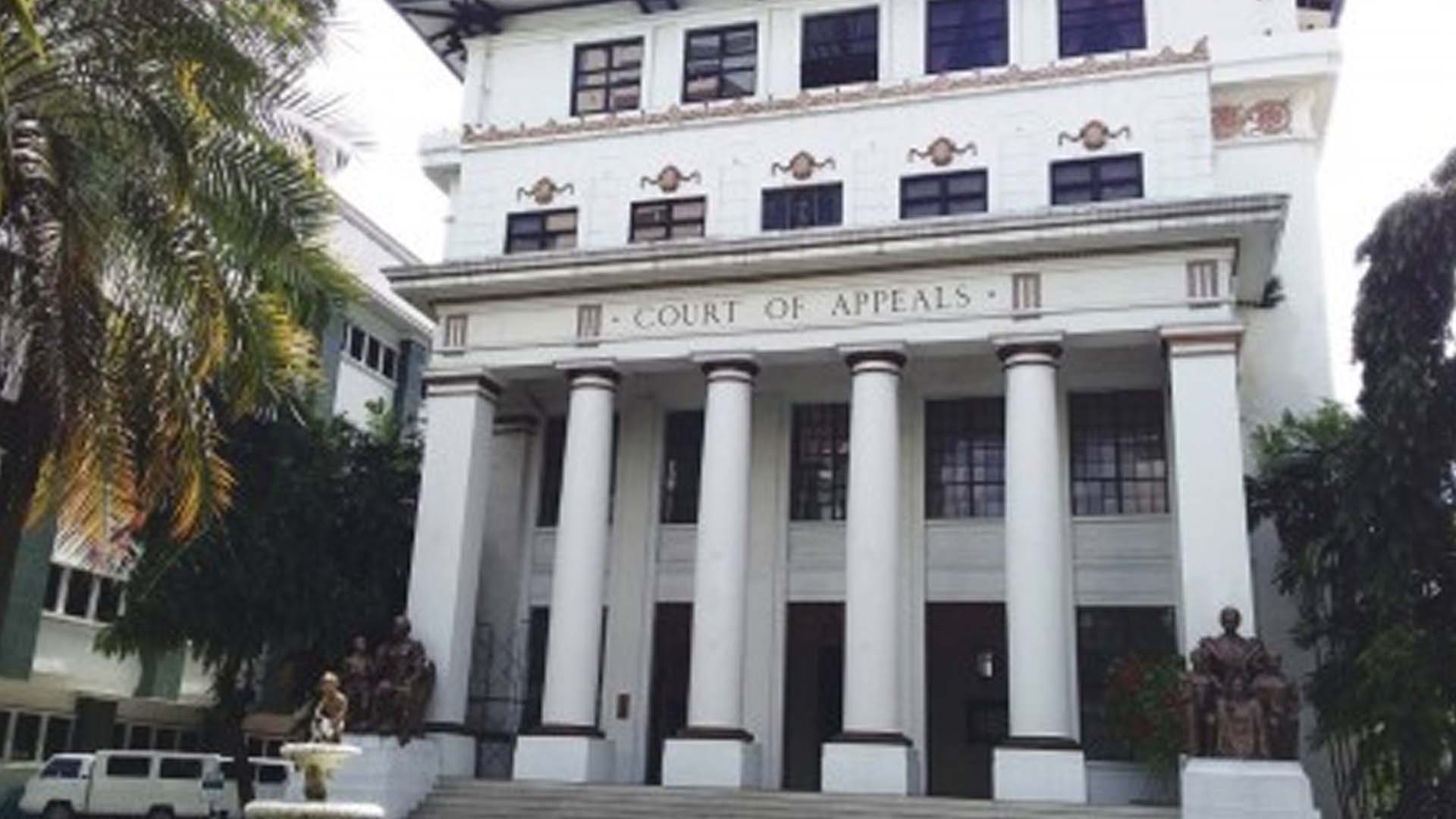The Court of Appeals (CA) has allowed the Sugar Regulatory Administration (SRA) to defend its order requiring sugar milling companies to allocate 5 percent of their production for export to the United States.
In a 10-page decision by Associate Justice Ramon Garcia, the CA’s Eight Division granted the petition filed by SRA seeking the reversal of the order issued by the Makati Regional Trial Court Branch 133 which allowed Central Azucarera de Bais and Central Azucarera de San Antonio, Inc., to present evidence on the petition they filed seeking to declare as invalid SRA Sugar Order No. 1 issued in August last year.
The firms claimed the measure would result in higher prices of sugar locally.
Under the terms of the order, 5 percent of annual sugar production would go to the US market while 95 percent would go to the domestic market.
The two sugar milling companies filed a petition questioning the issuance of the order. They claimed that they stand to suffer a direct injury with the implementation of the order since their proprietary rights as producers to gain the full price of “D” class sugar would be diminished since “A” class sugar is significantly cheaper.
They pointed out that there is a shortage in the supply of sugar in the domestic market and allocating five percent of the production for export to the US will only aggravate the situation and would result in higher prices of sugar for the local consumers.
In its answer to the petition, the SRA insisted that the two sugar milling companies have no valid basis to question the wisdom behind the issuance of the order and that the local court has no jurisdiction over questions dealing with the propriety of an executive issuance.
The SRA argued that it is within its duty to authorize and establish domestic, export and reserve allocations to maintain a balanced relation between production and requirement of sugar. It added that the SRA has the authority to promulgate rules and issue orders to regulate the supply of both domestic and imported sugar.
During the pre-trial, SRA’s representative, lawyer Guillermo Tejida III, failed to present any written authority from the SRA Board of Directors. The representative from the Office of the Government Corporate Counsel (OGCC) was also not present during the first call and thus requested a second call of the case in order to present and submit SRA’s pre-trial brief which was earlier filed through registered mail.
The case reached the appellate court on April 22, after the Makati RTC issued an order which held that the government regulator deemed to have failed to appear during the pre-trial and allowing the two sugar milling companies to present their evidence ex parte.
“In the case at bench, we find that the merits of the case and the existence of a special compelling circumstance would warrant a liberal construction of the rules on pre-trial,” the CA said in reversing the trial court’s order.
“A perusal of the petition for declaratory relief filed by the private respondents before the court a quo shows that they are seeking to nullify Sugar Order No. 1 Series of 2018-2019, which appears to be an administrative and executive issuance. The issues would then necessarily involve matters of national importance and interest. The interest of justice will be better served by the continuation of the proceedings and final disposition of the case on the merits before the trial court,” it added.
The CA also pointed out that based on the records of the case, the SRA exerted efforts to comply with the pre-trial rules and that there is no showing that the petition was only intended to delay the proceedings.
“Accordingly, the Regional Trial Court of Makati City Branch 133 is ordered to conduct further proceedings and trial on the merits with the participation of petitions (of) Sugar Regulatory Administration (SRA) and to allow it to controvert herein private respondents’ motion for production and inspection of documents,” the CA ordered. (PNA)









